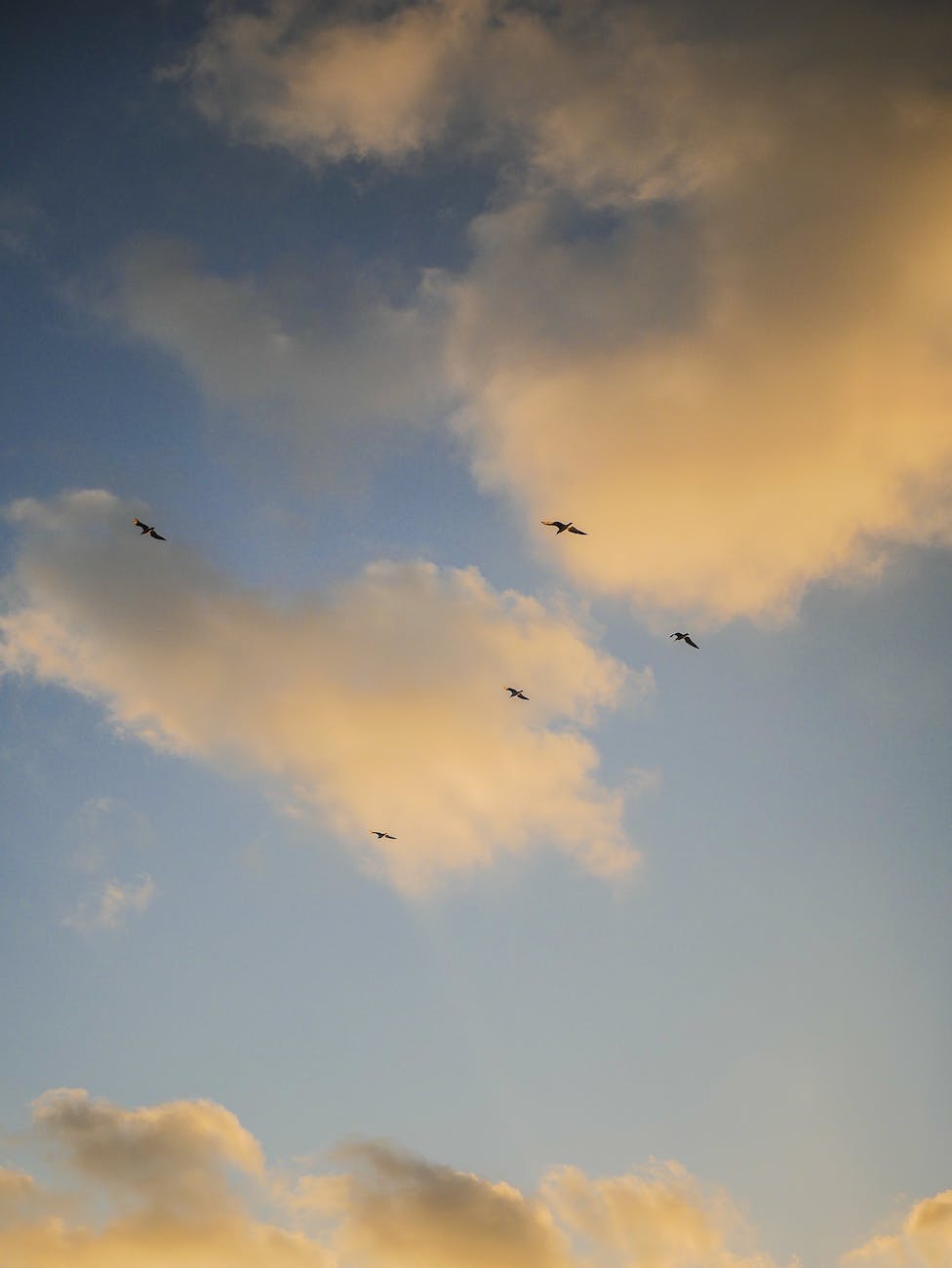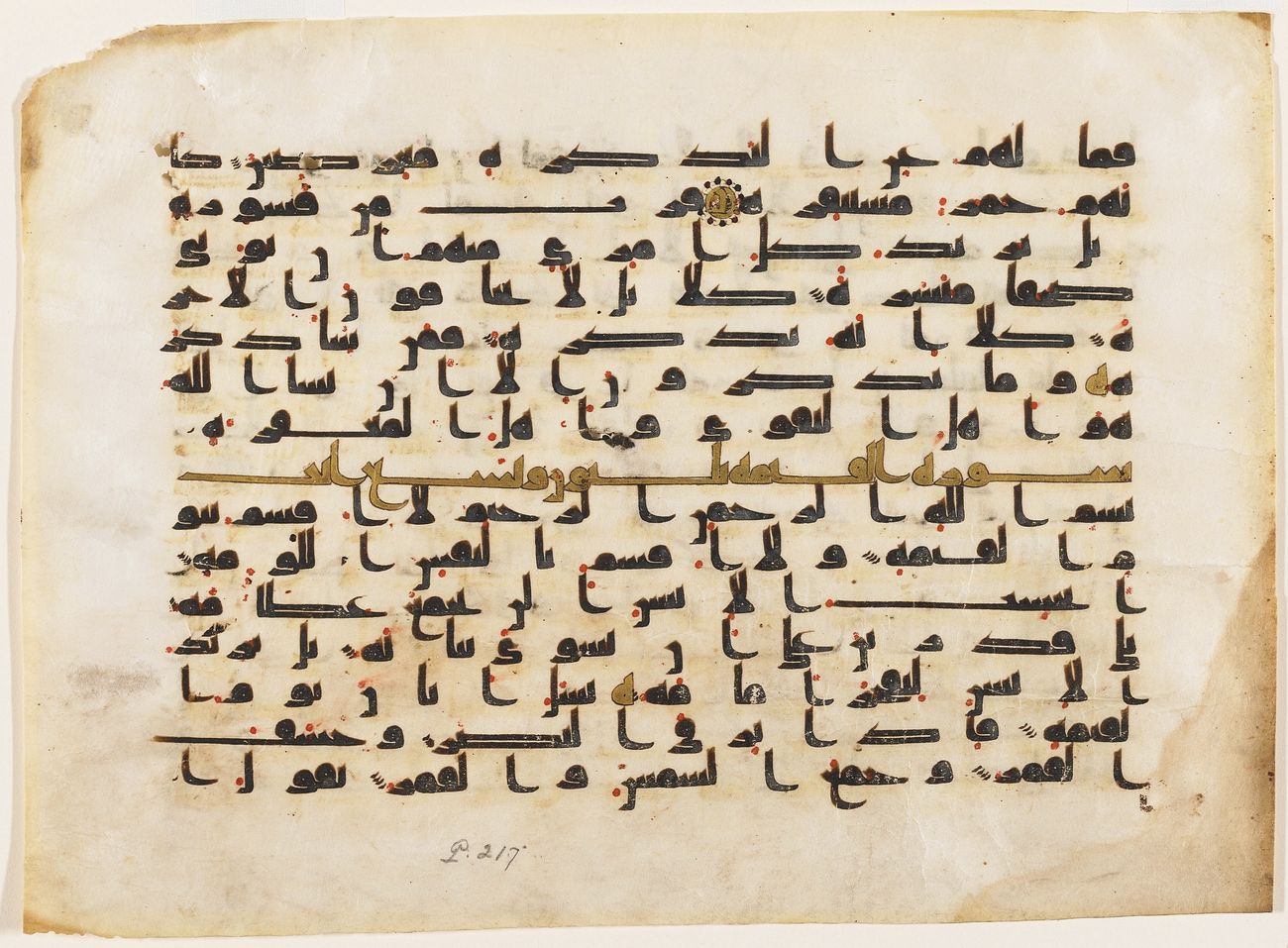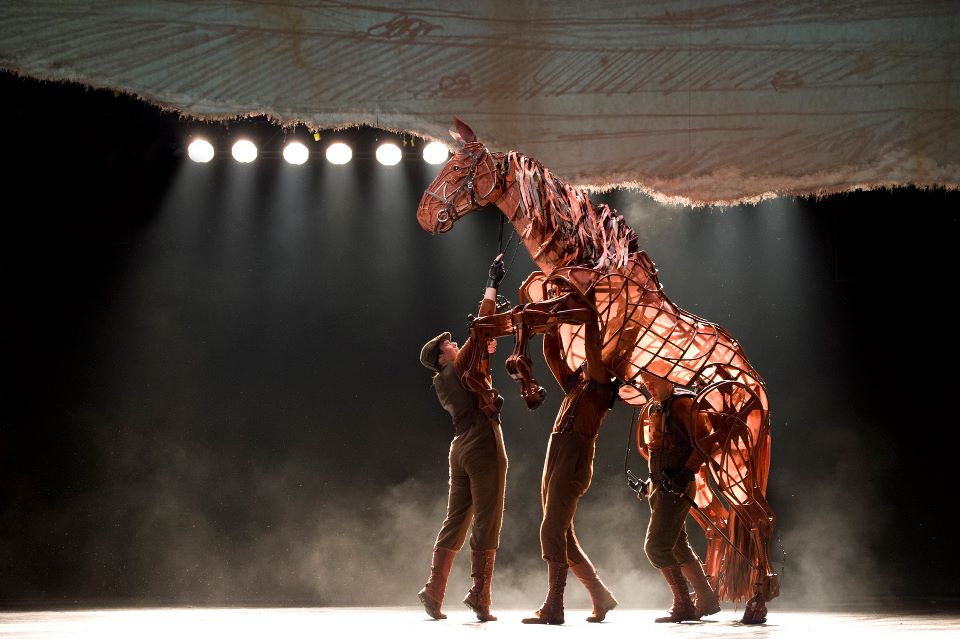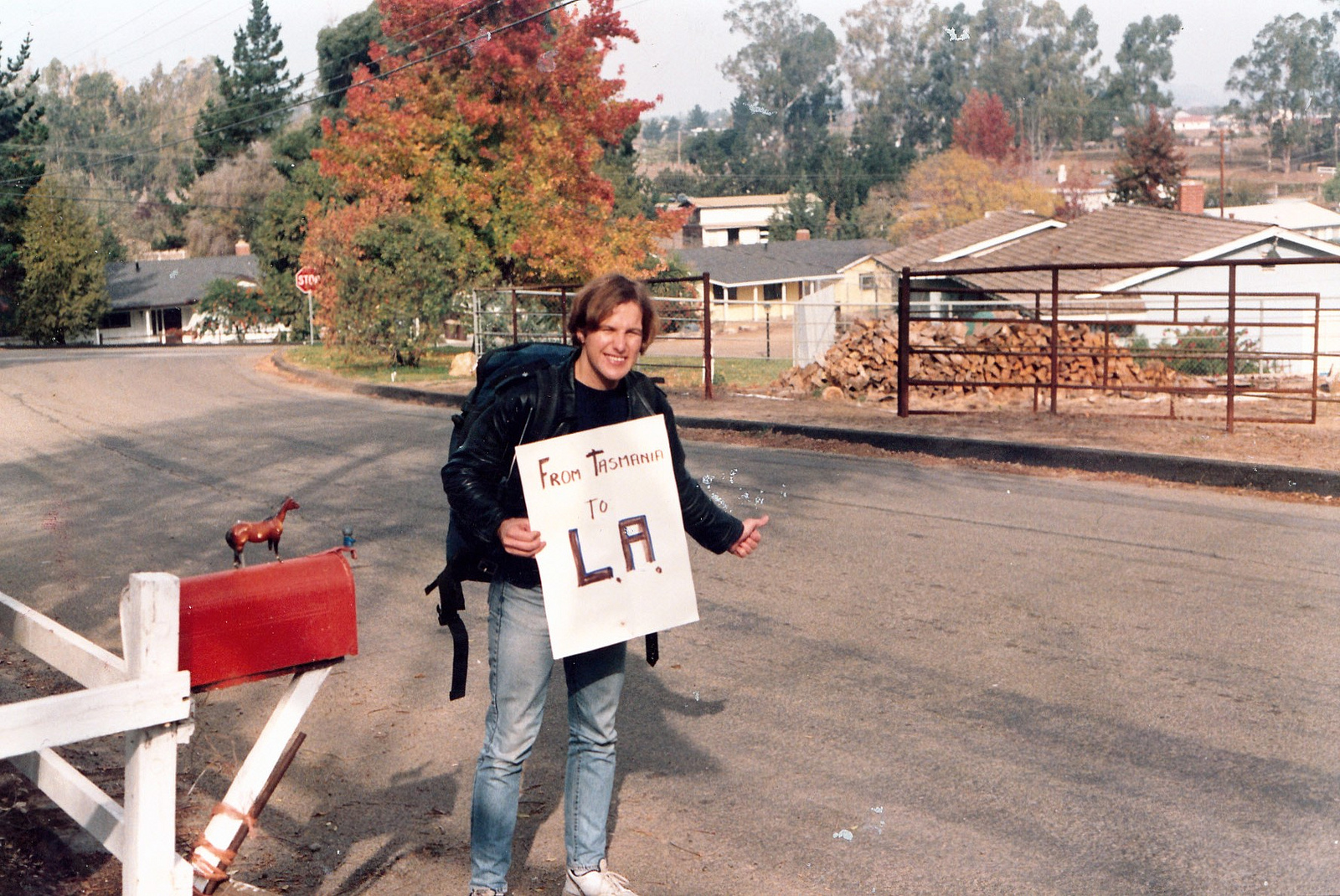Category: gadfly
-

10 favourite Digital Humanities projects about ‘class, gender, and race’
I am not sure that these particular projects had the explicit intent to expound ‘class, gender, race’, at least not seen through a blustery politics-in-the-wild lens. But still, apart from their significant scholarly contributions, they do put to rest the accusation that computing in the humanities is at odds with those scholars who can only…
-

Not elite enough?
Trying to change the world through DH is like trying to change the world through architecture. Or worse still, trying to change the world through accounting. I like the DH because of its scholarly politics and not because of general in-the-wild politics, which, of course, has its essential place but has swamped parts of the…
-

Jed the Humanoid
Last night something pretty bad happened. We lost a friend, All shocked and broken, Shut down, exploded. JED-E3 is what we first called him. Then it was “Jed,” But Jed’s system’s dead. Therefore, so’s Jed. We assembled him in the Kitchen, Made out of this and Made out of that and Whatever was at hand.…
-

Manifesto of the Digital Humanities
>>>>>>>>>>>>>>>> The Digital Humanities is not the humanities nor anti-humanities >>>>>>>>>>>>>>>>>>>>>>> Examples of Digital Humanities Can look like the humanities but are not the humanities. We believe that the context of the works of digital humanities is already the humanities The context for the Digital Humanities is nothing but the humanities Pieces of Digital Humanities…
-

War Horse in Melbourne
I was lucky enough to see War Horse in Melbourne recently. I usually see something other than high-end and popular international theatre productions but prefer local independent theatre (which has an extraordinarily vibrant community in Melbourne). I only saw Warhorse because my mother was in town, and I was familiar with it as I worked…
-

Wanderlust
A personal project that I have been working on in my spare time over the past few months involved locating, digitising, tagging, and putting into neat little country boxes (on Flikr) all the photos that I have taken on my travels since the fall of the Berlin Wall in 1989. And there are a lot…
